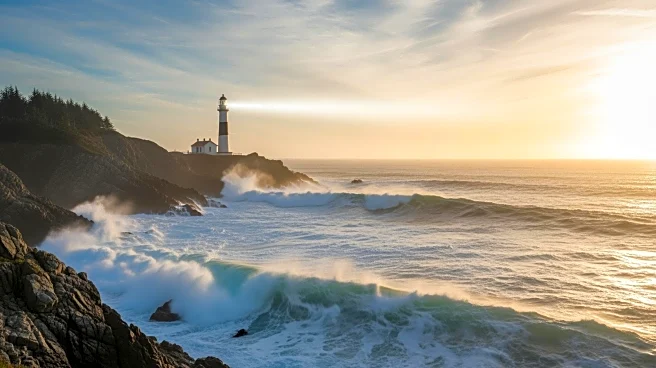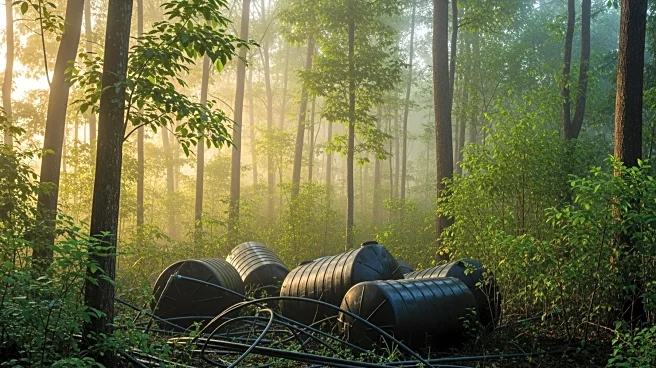By Manya Saini
(Reuters) -Global insured losses from natural catastrophes reached $80 billion in the first half of 2025, preliminary estimates from Swiss Re Institute showed on Wednesday, driven by wildfires
in California and severe thunderstorms in the United States.
The estimate nearly doubles the 10-year average and underscores how the insurance industry has faced a steady rise in weather-related losses in recent years, prompting tighter underwriting, higher premiums and renewed scrutiny of risk models.
Swiss Re Institute said total insured losses for the year could exceed the $150 billion projection, with natural catastrophe activity typically higher in the second half due to the hurricane season.
"Forecasts indicate near- to above-average activity, with three to five major hurricanes — above the long-term average of three," the report said.
In 2024, Hurricanes Helene, Milton and Beryl struck the United States, devastating communities and triggering tens of billions of dollars in insured losses.
ELEVATED CLIMATE RISKS
Faced with escalating climate risks, insurers are retreating from high-risk zones across the U.S., leaving behind widening coverage gaps and exposing vulnerable communities to growing financial strain.
The Palisades Fire swept through Southern California in early 2025, scorching more than 23,000 acres, destroying homes and businesses, and forcing thousands to evacuate.
Swiss Re Institute estimates $40 billion in insured losses from the Los Angeles wildfires, the largest ever from a single wildfire event.
Wildfire losses have climbed sharply over the past decade as rising temperatures, prolonged droughts and shifting rainfall patterns collide with suburban sprawl and the concentration of high-value assets, the report said.
California's insurance market has come under growing pressure as insurers grapple with a range of climate-related risks, including wildfires, floods and landslides, prompting several to limit new policies or withdraw from parts of the state.
(Reporting by Manya Saini in Bengaluru; Editing by Alan Barona)










